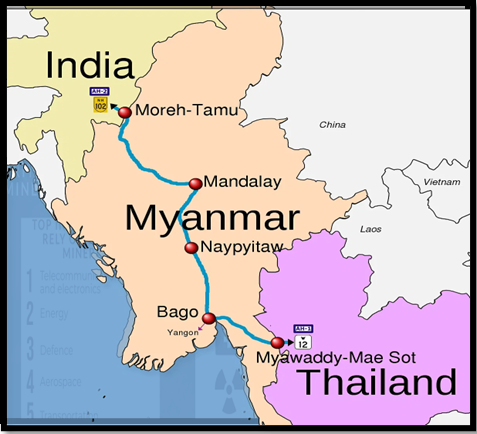WHY THAILAND SLAMMED INDIA’S FARM SUBSIDIES AT THE WTO:
Why in the news?
- Thailand criticized India’s rice procurement program at the WTO, alleging it distorts global food prices and hurts other nations’ food security.
- India objected to these comments, leading to Thailand replacing its WTO Ambassador.
source:medium
About Thailand’s Criticism at WTO:
- India objected to Thailand’s criticism of its rice procurement program at the WTO.
- Thailand, part of the Cairns Group, accused India of distorting global food prices and compromising food security.
- India’s rice subsidies exceeded the WTO’s 10% de minimis limit, causing discontent among rice-exporting nations like Thailand.
| About WTO (World Trade Organization):
● WTO regulates global trade, established in 1995 with 164 member countries. ● Successor to GATT, created in 1947. ● Facilitates trade agreements, dispute resolution, headquartered in Geneva, Switzerland. About Food subsidies: ● Objective: Provide essential food items to the population below the poverty line in India. ● Distribution: Through the Public Distribution System (PDS). ● Common Items: Wheat, rice, sugar, milk, cooking oil. ● Variability: Specific items supplied may vary by region. Types of WTO subsidies: Green Box: Permitted, non-distorting subsidies like research and environmental support. Amber Box: Trade-distorting subsidies subject to reduction commitments, including price support programs. Red Box: Forbidden subsidies causing significant trade distortions, such as export-linked subsidies. |





